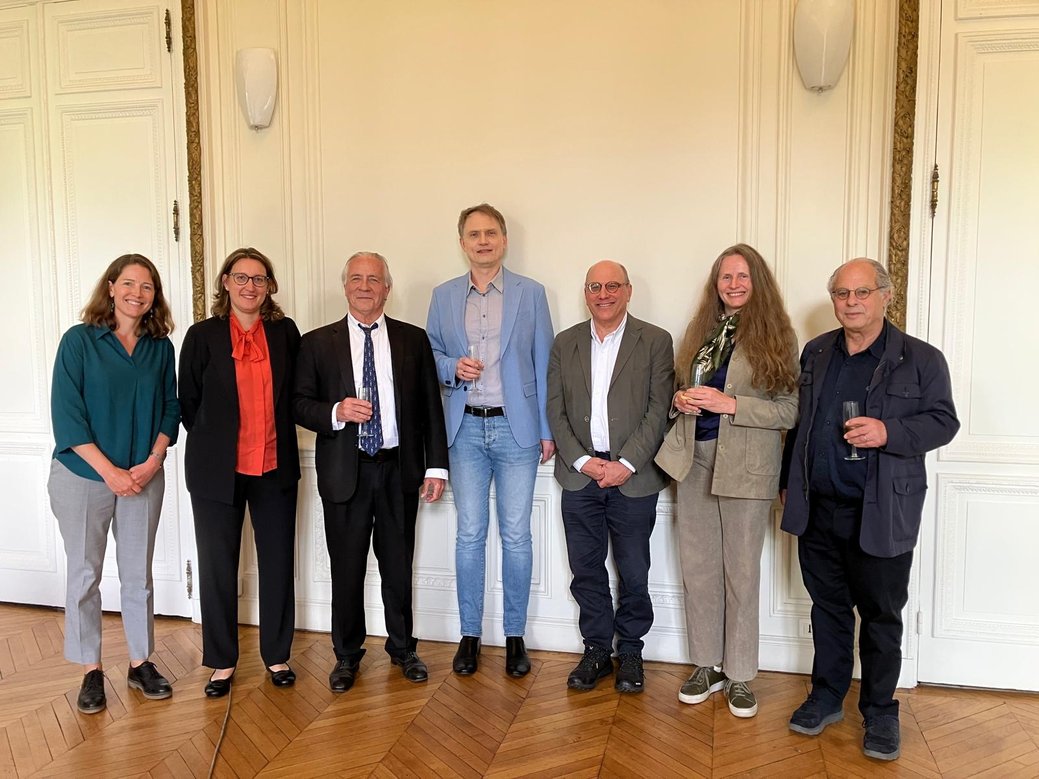
Fruits from Researching the Collection of Tibetan Books in St. Petersburg: Successful Habilitation of BuddhistRoad Cooperation Partner Alexander Zorin at EPHE
We are honoured and excited to congratulate our colleague and longtime cooperation partner of the BuddhistRoad Project, Dr. Alexander Zorin, upon his successful habilitation at the École Pratique des Hautes Études (EPHE) in Paris. Dr. Zorin’s outstanding habilitation research on various Tibetan text collections, namely the gZungs bsdus [Dhāraṇī Collection] and mDo mang [Collected Sūtras], proves his ability to conduct excellent research and has left a benchmark in his field of study. During his career, Dr. Zorin has prepared numerous codicological studies, editions, and translations that allow fellow researchers and future generations to look at broader patterns of textual transmission beyond cultural and linguistic boundaries.
Not only is it worth congratulating Dr. Zorin on his ability and great competence to engage with new materials, topics, and research angles, but also his stamina when considering his personal career path. Coming from a small Russian city just north of the arctic circle with no option of higher education, he showed great ambition and openness when he took a fortunate opportunity to study in St. Petersburg, eventually working for almost two decades in the treasure trove of one of the world’s largest collections of Tibetan books at the Institute of Oriental Manuscripts of the Russian Academy of Science (IOM RAS) as researcher and then curator of the collection. Truly a life’s worth mission, he was cataloguing 33,000 textual and 5,000 visual items from the Tibetan manuscript collection at the IOM RAS, until political circumstances let to his relocation at the Hebrew University in Jerusalem. This very personal journey mirrors his intellectual journey as a very versatile, curious, and assiduous scholar.
Congratulations, Sasha!
See the latest publication of Dr. Alexander Zorin with BuddhistRoad:
Alexander Zorin, “Tibetan Texts from Kharakhoto on the Cult of Vajravārāhī,” BuddhistRoad Paper 2.8 (2024): 1–140.


